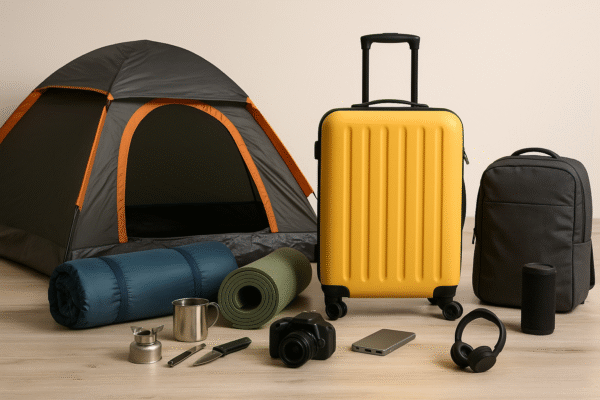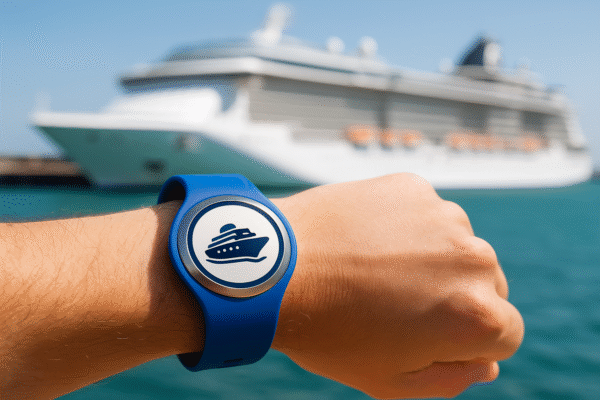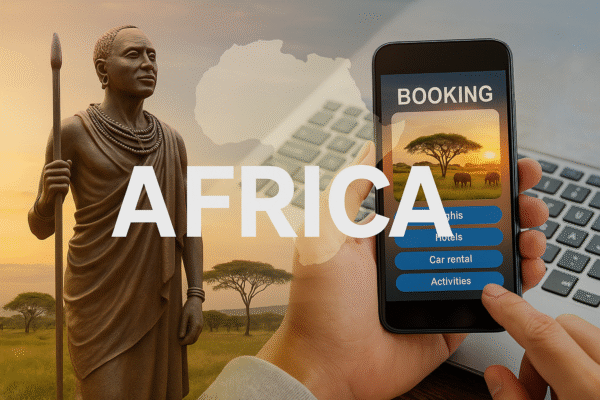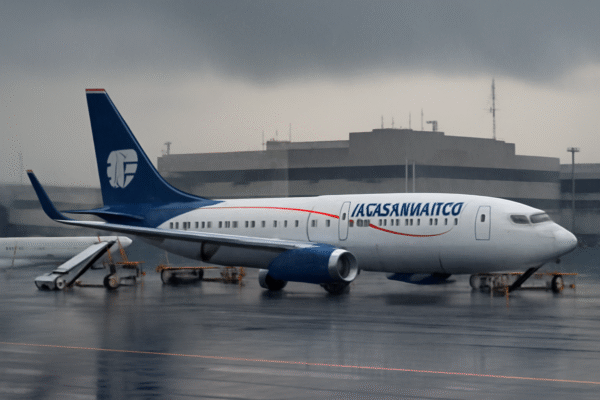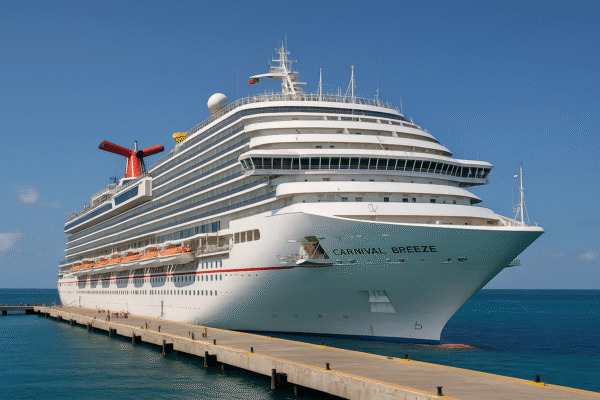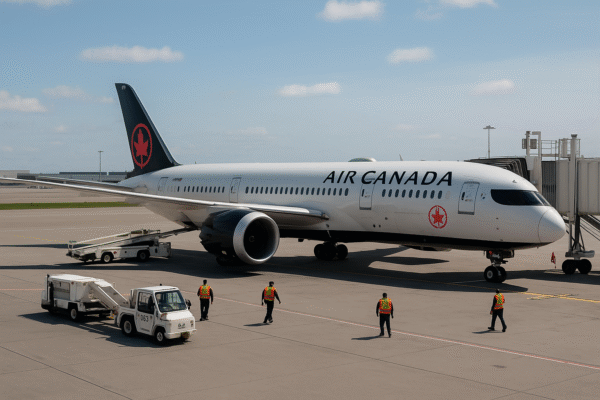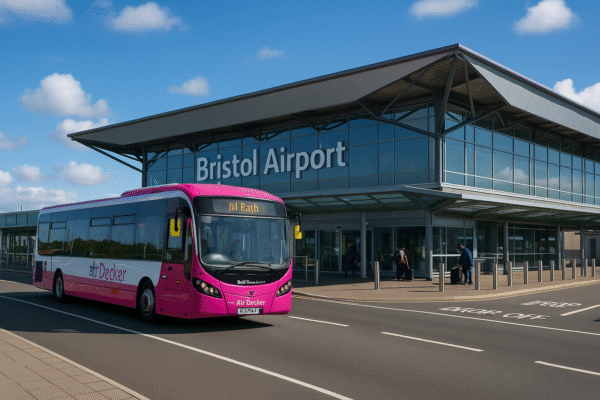After a 10-month pause, Turkish Airlines has officially rejoined the Sabre Global Distribution System (GDS) with a landmark agreement that brings New Distribution Capability (NDC)-enabled fares and ancillary products into the Sabre ecosystem. This development marks a pivotal moment in the airline’s ongoing digital transformation and reflects the broader industry shift toward more dynamic and personalized travel booking.
The move reconnects travel agencies with the full suite of Turkish Airlines’ offerings, now enhanced through NDC technology. It empowers agents and booking platforms to access more customizable content, improved pricing structures, and richer ancillary services—such as seat upgrades and baggage—within a streamlined digital interface.
A Strategic Return to Sabre: What It Means for the Travel Ecosystem
For nearly a year, travel agents worldwide were unable to access Turkish Airlines’ content via Sabre, one of the world’s largest GDS providers. The absence forced many agencies to rely on alternate platforms or direct airline booking systems, creating challenges for efficient multi-carrier itinerary management.
Now, with Turkish Airlines’ return, agencies using Sabre gain access to the airline’s NDC-powered content, making it easier to offer personalized fare bundles, flexible add-ons, and targeted services tailored to traveler preferences.
Arif Pasha, Sales and Marketing Manager for Turkish Airlines in the UAE, expressed optimism on social media, stating, “Through this collaboration, we aim to diversify the access opportunities available to our partner agencies and contribute to shaping the digital transformation of the industry.”
Understanding NDC and Its Impact on Airline Distribution
New Distribution Capability (NDC), developed by IATA, is reshaping how airlines distribute content to agents and travelers. It allows airlines to move beyond static fare filing and traditional fare buckets, offering dynamic pricing, customized services, and ancillary products in real-time.
For travel agencies, NDC brings a wealth of benefits:
- Access to full content and better fare transparency
- Faster response times and booking updates
- More intuitive upsell capabilities for extras like baggage, meals, or Wi-Fi
By leveraging NDC, Turkish Airlines enhances its competitiveness and service differentiation while giving travel partners more tools to better serve customers.
Will There Be GDS Surcharges? Industry Watching Closely
Despite the renewed Sabre partnership, it remains unclear whether Turkish Airlines will implement GDS surcharges for legacy bookings made through the platform, as it has done with Travelport and Amadeus. In previous cases, a $24 surcharge was applied to non-NDC bookings—an industry practice aimed at pushing more adoption of modern, cost-efficient distribution channels.
While the details of Sabre’s integration model are yet to be fully disclosed, many agencies are closely monitoring whether similar surcharges will be implemented, as these could influence booking preferences and client cost structures.
Part of a Larger Digital Transformation Strategy
The move back to Sabre is just one piece of Turkish Airlines’ broader digital transformation strategy, which is focused on maximizing operational efficiency, customer engagement, and flexible retailing across its expansive network.
The airline is prioritizing personalized travel experiences, enabling agents to sell more than just a seat—from in-flight meals and seat selections to priority services and lounge access—all directly through the booking interface.
This marks a shift from commoditized ticket sales to holistic travel retailing, where airlines act more like service providers than just transporters.
Boosting Travel Agency Performance in Key Markets
Turkish Airlines’ return to Sabre will have particular relevance for markets such as the United Arab Emirates, the United States, and Europe, where Sabre maintains strong agency adoption. Travel businesses in these regions can now access a more comprehensive set of fare options and services for flights across Turkish Airlines’ extensive route network, including Europe, Asia, Africa, and North America.
The availability of richer content via a single platform will also improve customer experience, especially for corporate travel planners and OTA (online travel agency) operators managing high volumes of multi-destination itineraries.
A Broader Trend Toward NDC Adoption Across Aviation
Turkish Airlines’ NDC integration into Sabre reflects a growing trend among global carriers. As IATA’s 2025 NDC adoption target draws near, more airlines are prioritizing partnerships with GDS providers that can handle modern distribution models.
Other carriers such as Lufthansa Group, Qatar Airways, and Air France–KLM have already moved aggressively in this direction, offering exclusive content through NDC channels. The momentum signals a new era in air travel retailing where legacy models are gradually phased out in favor of smarter, API-driven experiences.
Looking Ahead: A New Era for GDS-Airline Collaboration
The renewed partnership between Turkish Airlines and Sabre is more than a technical integration—it signals a strategic alignment in shaping the future of airline distribution. As agencies and airlines grow more sophisticated in their digital tools, platforms like Sabre will increasingly act as real-time marketplaces for personalized travel products.
As Turkish Airlines further defines its NDC strategy within Sabre—clarifying pricing structures, content access, and booking policies—travel professionals will be watching closely to optimize their operations and better serve travelers.
Conclusion: Turkish Airlines’ Return to Sabre Opens New Opportunities for Travel Innovation
Turkish Airlines’ re-entry into the Sabre GDS with NDC-powered content is a major milestone in the ongoing evolution of airline distribution. It underscores the airline’s commitment to innovation, personalization, and closer partnerships with global travel agencies.
For both industry professionals and travelers, this move promises greater flexibility, richer content, and a more connected booking experience—ushering in a future where travel is not just booked, but intelligently curated.
For more travel news like this, keep reading Global Travel Wire

